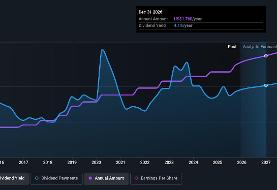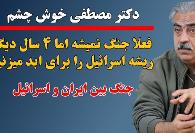One persistent fallacy in modern Iranian history is about the Shi’ite clergy’s presumed opposition to the shahs and to the authority of “secular” state. They were also presented as champoions of the oppressed against tyrannical rulers. As I will try to show (and discussed in Iran: A Modern History, Yale University Press, 2017), since the rise of the Safavid Empire in the 16th century and as late as in the Pahlavi period, the clergy had virtually no claim over political power and almost always were supporters and clients of the ruling dynasties. Moreover, there is little, if any, historical or judicial ground for the idea of the Guardianship of the Jurist.
Dr. Abbas Amanat is a Professor of History at Yale University. He is a graduate of Alborz High School and received his B.A. from Tehran University in social sciences and his PhD from the Faculty of Oriental Studies, Oxford University. He is currently the professor of history and director of the Yale Program in Iranian Studies. Dr. Amanat is a historian of Iran, Shia Islam, and the modern Middle East. He specializes in Qajar Iran as well as in the history of messianic and apocalyptic movements in the Islamic world. Among other topics he has written about Iranian identity and changing attitudes among Iranians over time. Dr. Amanat was a Carnegie Scholar of Islamic Studies and the recipient of the Mellon-Sawyer Grant for comparative study of millennialism. He was the editor-in-chief of Iranian Studies, journal of the International Association for Iranian Studies, and chair of the Council on Middle East Studies at Yale University.
Contact the organizer for latest event info. Kodoom.com is not responsible for any changes made in the above information. Report or Flag this event























































